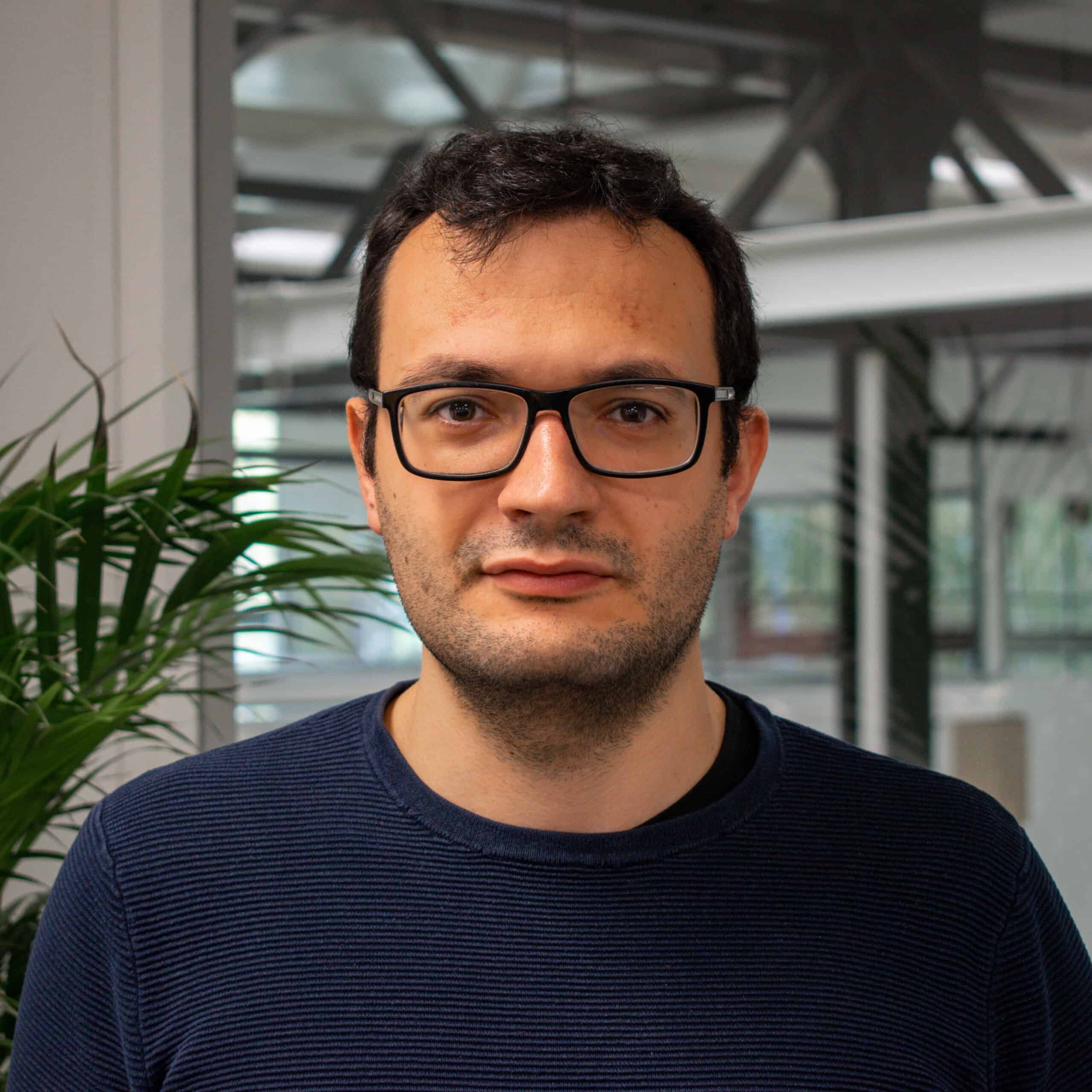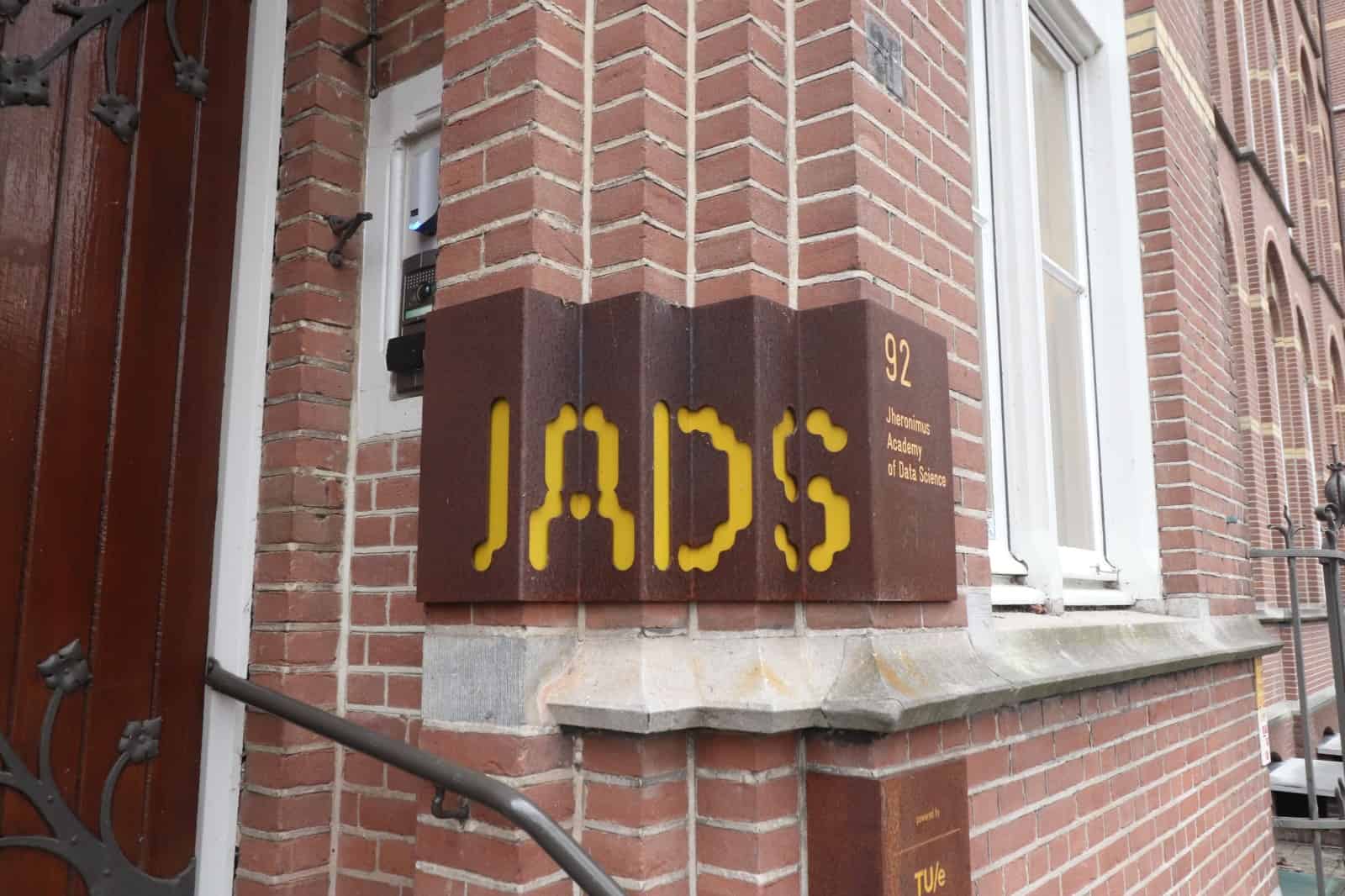
Can we create new earning power in Europe by committing to investment in the knowledge and technologies essential for our major societal transitions? That’s the fundamental question the whole Eindhoven University of Technology (TU/e) academic year opening ceremony revolved around.
- Eindhoven University of Technology officially started the academic year.
- The ceremony hosted keynotes and panels about creating future earning power.
- The university’s role to accommodate the transition and serve society will be crucial.
Like the other universities in the country, the TU/e celebrated today the start of the new academic year, putting its role in creating knowledge and innovation at the center of the discussion. The university’s heads and several guests took on the stage of the university’s Blauwe Zaal (Blue Room) to discuss the topic in keynotes and panel sessions.
What speed for the transition?
Following a brief welcome by the TU/e’s board chairman Robert-Jan Smits, the first guest to give a speech was Diederik Samsom, chief of cabinet of the departing European commissioner Frans Timmermans. In his address, he mentioned Smits’s interview with De Telegraaf – one of the main Dutch newspapers – where the chairman stated that the energy transition should slow down. “With the energy transition, we don’t have the choice of going slow, the essential imperative in climate change is running fast. The United States and China are accelerating, and we should speed up, too,” he said.
Later during the event, Smits replied to Samson, highlighting the importance of taking on the transition while pointing out the challenges represented by grid congestion and labor shortage. Most importantly, the politician stressed the social aspect of the transition, urging the young engineers to team up with humanists to figure out the impact of the technology they design on society.

Costs and collaboration
“Making the transition happen is less expensive than not taking any action against the climate crisis,” said ING’s global head of research Marieke Blom. Her brief keynote focused on the economic feasibility of the transition, underlining the Dutch economy’s readiness to shift, although stressing the importance of public investment in accommodating such a shift.
Then, ASML’s CEO Peter Wennink highlighted the existence of further challenges than the climate one – namely, an aging population and the digital divide. In taking all of these, he urged for a “rethinking of the way we do things.” Specifically, he emphasized the power of collaboration between companies, academia, and governments. “The role of governments is not only the one of handing out subsidies, but to help with regulation and create platforms where cooperation can happen.”

The Chair of the Future
Besides the panel and the speeches, students also had their space. A group of members of the GO Green Office handed the university the Chair of the Future. Crafted out of sustainable materials and featuring the university’s letter, it will have a space during the TU/e’s board meetings, as a reminder for decision-makers of the importance of making future-oriented decisions.
University for society
Finally, the TU/e’s rector magnificus Silvia Lenaerts gave her speech too. In one of the passages, she discussed the task of the university. “What’s the role of the university? Offer what society needs, look beyond the challenges of today, we are a driver of change. It is not only science for science but science for society.” Shortly after, she pressed the button, kicking off officially the TU/e’s 2023-2024 academic year.
Given the urgency of transitioning to a greener way of living, the TU/e remains at the forefront of creating knowledge and innovations to make the shift happen and to help the Netherlands and Europe develop new earning capacities.







